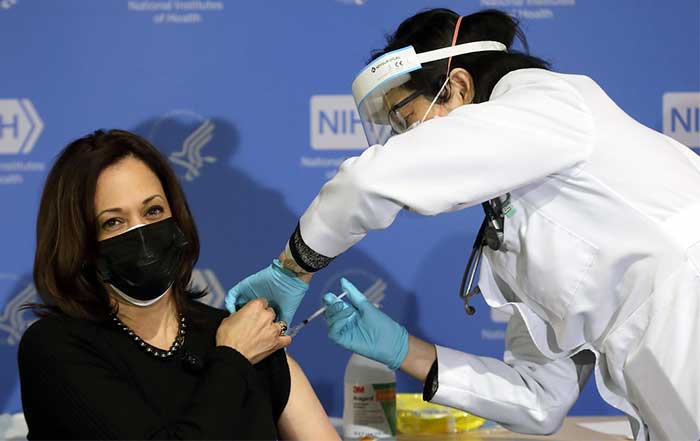While coronavirus greatly affected the US as a nation, the country's financial sector was equally hit. For instance, the stock market experienced high volatility periods, with stocks experiencing peaks that caused them to be overvalued by more than 58% as of February last year. It continued to experience lows of over 30% by the beginning of 2020. This volatility made it hard for many companies to survive, especially small businesses. The pandemic also resulted in more people making money off cryptocurrencies like Bitcoin, which has steadily risen during the pandemic.
As time moves, cryptocurrencies have become more popular- more businesses have embraced them as a payment method. Think of it- the value of Bitcoin has been positively unaffected by Covid-19; this has made it a safe financial bet. Further, more people in the US have embraced bitcoin as a valuable investment, and business moguls such as Elon Musk have embraced the use of this currency. Also, Bitcoin's easy liquidity has made it a haven for people to profit, especially with the effects of unemployment.
In 2020, unemployment levels reached an all-time high; obviously, this was due to the pandemic. Many people lost a source of income, prompting the government to provide fiscal stimulus programs to enable citizens to survive during the pandemic. This action enabled economic activity to continue during the pandemic, even though experts expected the economy to face higher inflation levels -notwithstanding the stimulus programs.
Further, consumer spending fell by over 7%, as more people lacked the finances to have significant purchasing power. Due to this reduced spending power, many businesses closed down as they lacked customers. Countrywide lockdowns resulted in the decline of shopping malls and stores. Interestingly, in the months after March 2020, the number of online shoppers increased as more people relied on e-commerce stores to acquire products and services.
Currently, most businesses are taking loans to facilitate or revive the fortunes that suffered due to the pandemic. Also, banks' loan interest rates have been capped to ensure small businesses fully restore their operations using such loans. Eventually this would spur significant activity. Many businesses' financial expenditures are restricted, with leading enterprises looking for ways to save money. Cutting down costs is the order of the day as many companies are actively looking for ways to streamline their services.
Consider this: News of the new vaccine has provided a much-needed impetus to the country's economic activity. More businesses are now opening back up in anticipation of the return of normalcy to the business world. Ultimately, this means more money supply in the national economy. Generally, customers must revert to physical store purchases- this was impossible during the recent lockdowns. Employment levels will-likely- begin to spike up, enabling people to have income sources that were lost. Analysts expect household spending power to be on a steady rise in the coming months as the economy gradually opens. However, the price of this vaccine will primarily determine whether economic activity spurs back or not. Naturally, pharmaceutical companies- and others- are determined to make their profits- this will impact how the businesses thrive.
What about the manufacturing and production sectors? These were massively hit by the pandemic. Manufacturing declined sharply after March 2020, which meant the loss of many jobs. Of course, loss of employment often results in a general lack of financial power. This decline resulted in businesses slowing down due to an unusual lack of economic power. In the post-2020 period, many manufacturing businesses had to evaluate their business operations- the pandemic had graphically demonstrated how labor-intensive structures could have massive downsides. However, financial investments will continue to be crucial for all businesses that wish to invest in technological improvements and operations like computer-aided machinery, robotics, and Artificial Intelligence deployment (AI).
Ironically, during the pandemic, many people's saving ability-countrywide-improved significantly, up to 33%. Actually, many people spent less of their income during this period than they usually would. Analysts attributed the high savings rate is the lockdowns. Further, many realized they did not need lots of goods and services that they previously thought were indispensable. Also, due to the loss of jobs countrywide, most people became more stringent with their spending. Such income inequalities contributed to the high savings rate. Why, many low-income people have had to ensure they had a way to cover their bills.

